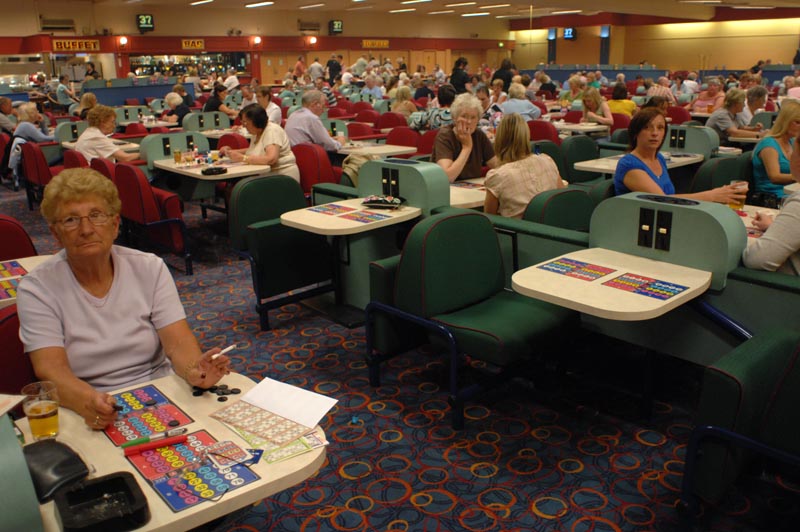Instead they want a ban on big lenses. The message is clear: You can capture your big day as a photo but only if the image you produce is not actually any good.
Honestly, what is the problem with taking pictures? If rights organisers (the people who basically take money of organisations who take press pictures) want to protect those rights then just have a ‘no commercial useage clause’ on every ticket.
As an aside, I disagree with the notion that an amateur is allowed to take a photograph but is not granted permission to sell it. Why not? It’s a privilege you should be granted when you purchase your ticket. The reality is that an amateur will very rarely contemplate selling their images – but they should not actively barred from doing so.
Organisers have clearly considered an outright ban on photography at all Olympic venues and are looking at what extra clauses they can add to a semi-ban.
Remember, this a country that prides itself on free speech but not, it seems, free photography.
So where does that leave me? I’m heading to the Olympics with my huge camera and big lens (which does not capture anything distant, like Jessica Ennis in the long jump). I’ll have my camera with me, as I always do, when I’m in London because I take pictures. I’m a tourist.
My camera is heavy but do I also have to carry an extra crap camera to take inferior images inside the stadium, plus a bag to put my big camera in just to prove that I’m not using it? I just know that when the security guard asks to look in my bag and sees my Tokina 18-50mm lens there will be a lot of stern-faced walkie-talkie conversations.
Big cameras do not mix well with sports stadiums, or any big enclosed public gathering for that matter.
Sometimes there are strict rules, as in the Premier League who only allow licenced photographers (they issue the licences) to photograph at football matches. All other photography is banned inside the ground.
Of course the days when you were an odd photographer in a football stadium (i.e. the only person in the crowd with a camera) are long gone. A crowd of 75,000 inside a Premier League match means around 75,000 cameras will also be in the ground. Everyone has a camera in their mobile phone these days.
Hundreds of images and videos appear online during all major sporting events. The point is this: You can’t enforce a ban on photography at public events.
If they asked everyone to put their mobile phone in a box on their way in, the queue on the way out to pick them up would cause more mayhem than student kettling.
I’ve always found this rule distasteful, especially if you’re a tourist going to a match with a camera and having to face the prospect of not getting in because you’re carrying a fairly chunky SLR. It’s not like you can go and hide it in a hedge and then retrieve it after the match.
And so we come to the Olympics. This is what they said: “The London Organising Committee of the Olympic and Paralympic Games's policy is that SLR cameras will be allowed into venues. We have no intention at all of restricting compact high-zoom cameras.
'We have yet to finalise all our spectator filming and photography guidelines. Like many other large sporting events and previous Games, one possibility is that there may be restrictions around spectators using large (in size) lenses and tripods, simply because of the impact this can have on the viewing experience for other spectators sitting close by. This is all work in progress, and guidelines are under discussion.”
At Wimbledon (where Olympic tennis will be played) there is a long-standing rule that any lens longer than one foot is not allowed. A similar restriction ‘if it’s longer than a foot you’re not coming in’ is likely to apply next summer for the entire Olympics.
Make sure you know the rules, so when they try to stop you taking photos you can say, “Excuse me, mister, you’re bloody wrong.”
